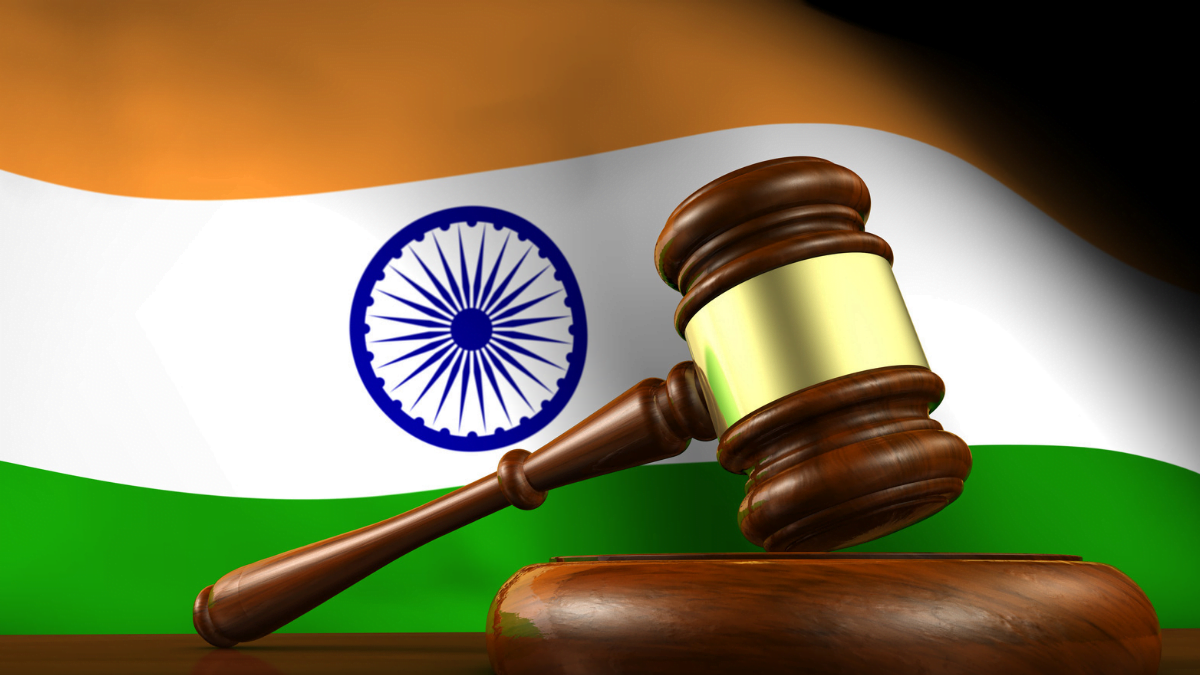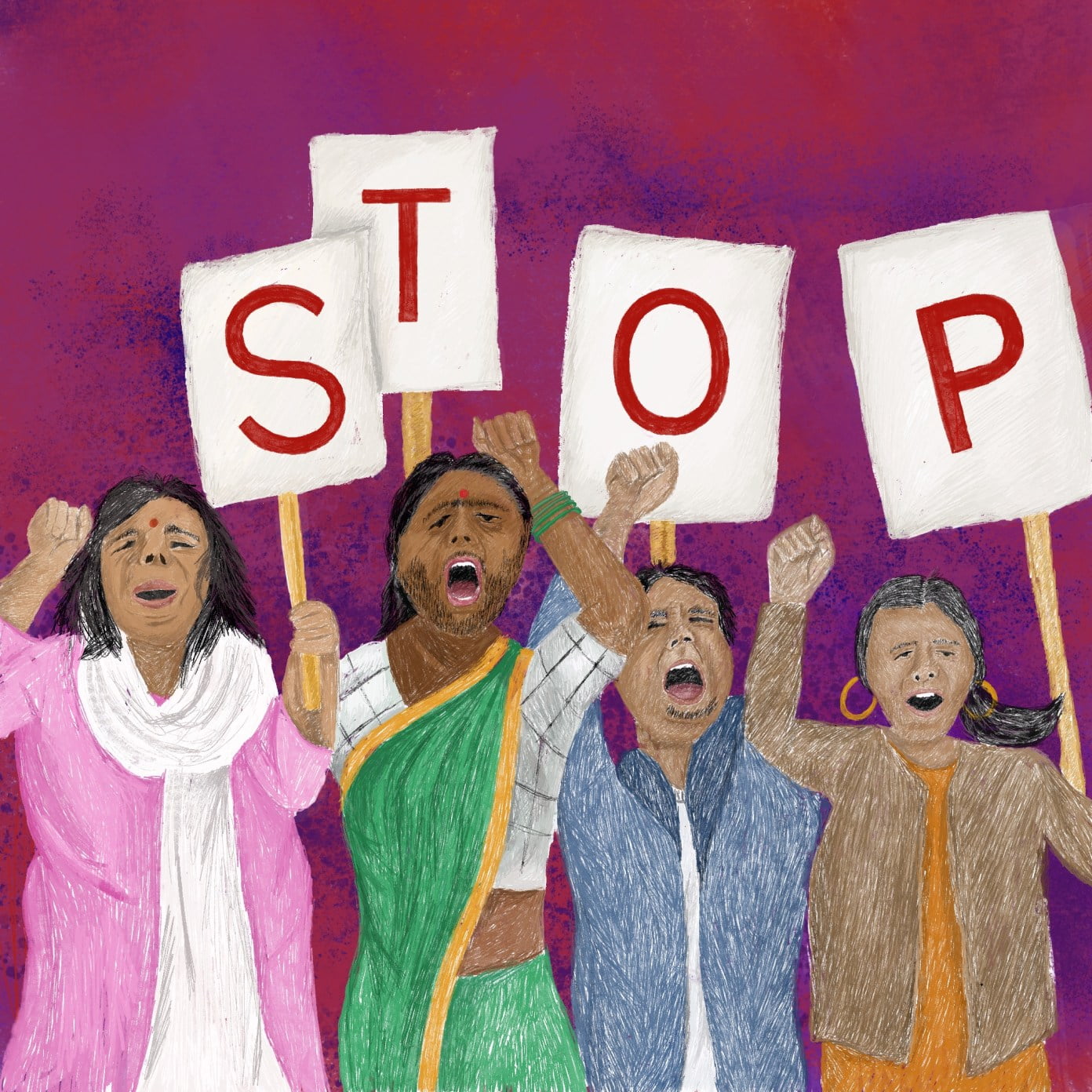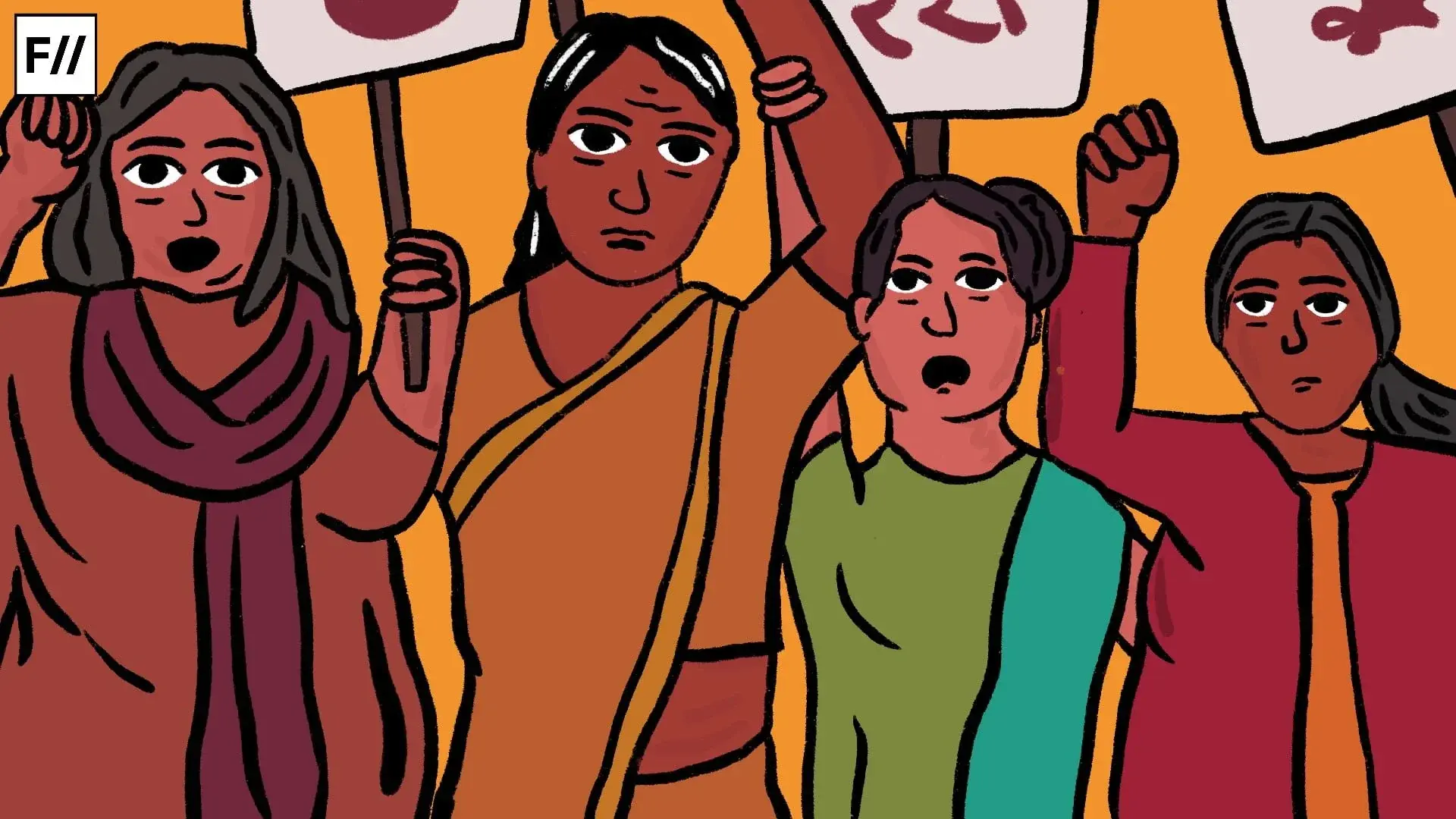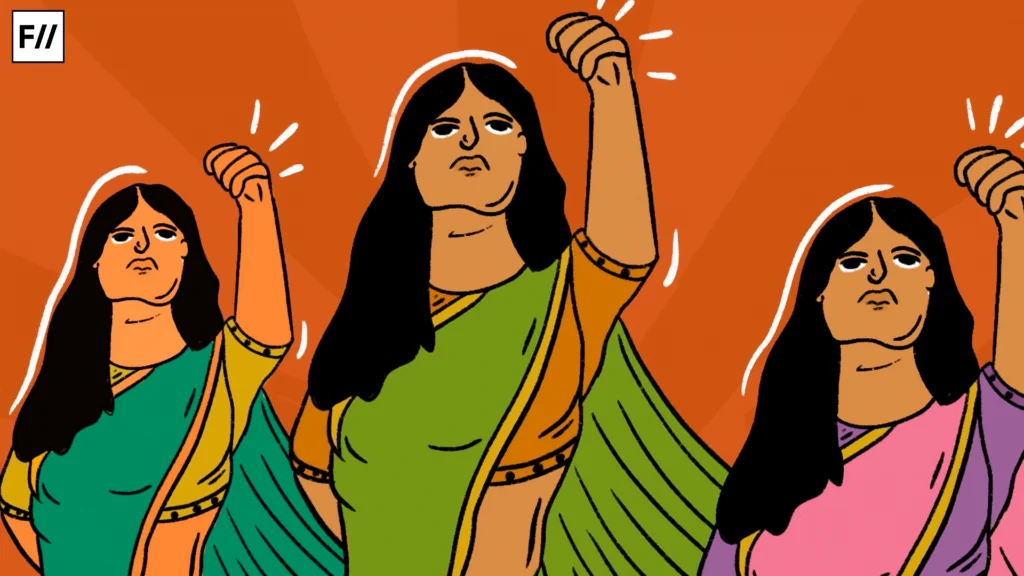Delhi High Court recently emphasised that cases related to rape or sexual violence cannot be dismissed merely on the basis of out-of-court settlements, particularly those involving monetary payments. This stance reinforces that justice cannot be treated as a commodity for sale.
In the case of Rakesh Yadav & Ors v. State of NCT of Delhi & Anr the FIR was filled under Section 376(rape)of Indian penal code 1986(IPC). In which it was alleged that the woman were sexually assaulted four times by a man she met online. It was also alleged that man falsely represented himself as divorced and perpetrated an act of sexual violence on the false promise of marriage. Later both settled for a monetary settlement of 12 lakh and finally agreed on an amount of 1.5 lakh.
‘This Court is of the opinion that justice in a criminal trial, particularly in a case such as the present one, serves not only as a serious example and deterrent to the accused but also as a lesson to the community as a whole.‘
Delhi High Court
The Delhi high court while hearing the case observed and said in their July 1 ruling: ‘This Court is of the opinion that justice in a criminal trial, particularly in a case such as the present one, serves not only as a serious example and deterrent to the accused but also as a lesson to the community as a whole. Neither the accused nor the complainant can be allowed to manipulate the criminal justice system or misuse State and judicial resources to serve their own ends. Therefore, even if the parties have reached a compromise, they cannot demand the quashing of an FIR as a matter of right.’

Sexual violence is a grave violation of an individual’s bodily integrity and human rights. In India, the prevalence of sexual violence has prompted discussions around the mechanisms for justice and relief for survivors. Among these mechanisms, monetary settlements have emerged as a contentious issue. While out of court settlements can provide immediate relief, there are several arguments against relying on monetary settlements as a primary means of addressing sexual violence. Recent judicial opinions, including a notable one from the Delhi High Court, have highlighted the implications of such settlements. The Delhi High Court has taken a firm stand against quashing First Information Reports (FIRs) in rape cases based on monetary settlements. In a recent ruling, Justice Swarana Kanta Sharma emphasised that allowing such settlements would effectively mean that ‘justice is for sale.’
Legal stance on rape and settlements
The law and jurisdiction on sexual violence or rape is clear in India. According to Section 375 of the Indian Penal Code, “rape” is committed when a man engages in non-consensual sexual activities with a woman, which includes penetration or insertion of objects, manipulation of body parts, or using mouth against her will, without consent, or in cases where the woman is unable to communicate consent or is under eighteen years of age. Section 376 lays down the punishment for rape.
Here to understand more about out of court settlements in rape it’s important to understand the statutes and law regarding the compoundable offences which are those where the victim can agree to drop the charges against the accused and non-compoundable offences which are more serious offences and victim can’t drop the charges against the accused. Rape falls under the non-compoundable offence due to its gravity. Also, the landmark judgement of Gian Singh v. State of Punjab and others stated that rape is very grave offence and it can’t be settled out of court.
Although the statutes are clear about rape and states that it’s an offence which can’t be compromised, lower courts resort to quash the proceedings against accused if he promises to marry or to provide monitory compensation due the power vested on them by section 482 of code of criminal procedure. This is always looked down upon by apex courts and it has been said in many instances that rape is not some offence to compromise with.

In this case, too, Justice Sharma added that the trial court must decide the case on its merits, and examine the facts in light of natural justice for both the complainant and the accused, keeping in mind the broader implications for the community and the criminal justice system.
Factors leading to out of court settlements
It has been a long trend in India to settle the cases of sexual violence out of court because of the views prevailing in the Indian society due factors whose origin is in patriarchal thinking.
These type of out of court settlements approach is taken due to many reasons, first of which is that the woman who is raped is thought to have been “impure” and marrying her with accused will fulfil the “purpose” of her birth which is marriage. Survivors may face intense social stigma and pressure to maintain family honour, leading them to settle out of court to avoid public scrutiny and prolonged legal battles. Also in certain communities, there is a preference for resolving disputes privately rather than through public legal processes.
Survivors may face intense social stigma and pressure to maintain family honour, leading them to settle out of court to avoid public scrutiny and prolonged legal battles.
The legal process in India can be slow, and survivors might lack faith in obtaining justice through the courts especially in lower court as in many instances as mentioned above, these courts have failed to take the victim centric approach. Also, perpetrators or their families might coerce or intimidate survivors into accepting settlements, leveraging their power and influence. All these reasons become responsible for out of court settles and the accused or perpetrators remain unaccountable for their heinous crimes.
Why out-of-court settlements fail sexual violence survivors
Out-of-court settlements pose a risk to the pursuit of justice. Sexual violence is a crime that requires legal accountability and punitive measures against the perpetrator. When matters are settled out of court with cash compensation, criminals may avoid facing the full weight of the legal consequences. This not only rejects the survivor’s right to justice, but it also promotes a culture of impunity.

In many cases, perpetrators of sexual abuse have enormous power and influence, overshadowing the socioeconomic standing of survivors. Monetary settlements or out-of-court agreements can capitalise on power inequalities, as survivors, particularly those from marginalised backgrounds, may feel forced to take compensation rather than pursue legal action. This coerced compromise maintains the cycle of exploitation while failing to address the underlying causes of sexual assault.
Equating the conclusion of sexual violence cases with cash settlements might diminish the gravity of the offense. It gives the troubling impression that such horrible deeds may be atoned for with money, reducing the gravity of sexual violence to a simple commercial transaction. This approach undermines the societal requirement to identify and manage the profound psychological, emotional, and physical trauma imposed on survivors.
While out-of-court settlements can provide temporary relief, they do not fully address survivors’ needs. True justice necessitates extensive support, including psychological counselling, medical care, legal assistance, and social reintegration. Relying primarily on monetary settlements frequently ignores these critical aspects of healing and rehabilitation, leaving survivors without the resources they require to rebuild their lives.
Relying primarily on monetary settlements frequently ignores these critical aspects of healing and rehabilitation, leaving survivors without the resources they require to rebuild their lives.
Discouraging survivors from speaking up and pursuing justice, settlement agreements’ confidentiality terms can prohibit survivors from sharing their stories, impeding the broader public debate required to combat sexual abuse. The silence allows the cycle of abuse to continue unabated, harming more people overtime.
Out-of-court settlements in cases involving sexual violence create serious legal and ethical considerations. They can be viewed as a sort of bribery or coercion, in which justice is purchased rather than delivered. This approach erodes public trust in the legal system and undermines the ethical principles of justice and equality before the law.

To conclude, the Delhi High Court’s recent emphasis on the inadmissibility of out-of-court settlements rape and sexual violence cases supports the notion that justice cannot be commodified. The court’s decision in Rakesh Yadav & Ors v. State of NCT of Delhi & Anr underlines the critical importance of maintaining the integrity of the criminal justice system, ensuring that neither the accused nor the complainant can use it for personal gain.
Sexual violence is a serious violation of human rights and bodily integrity, and dealing with it through financial settlements undermines the pursuit of justice, reinforces power inequalities, and trivialises the gravity of such crimes. Furthermore, the legal structure in India, specifically Section 376 of the IPC, classifies rape as a non-compoundable criminal, highlighting its gravity. Despite this, lesser courts occasionally dismiss petitions based on promises of marriage or monetary compensation, a practice strongly condemned by higher courts. The elements that contribute to out-of-court settlements, such as societal stigma, delayed legal processes, and coercion, highlight the necessity for a strong and victim-centred judicial strategy.
The Delhi High Court’s decision demonstrates that true justice entails more than just immediate compensation; it also includes extensive support for survivors, such as psychiatric therapy, medical care, and social reintegration.
The Delhi High Court’s decision demonstrates that true justice entails more than just immediate compensation; it also includes extensive support for survivors, such as psychiatric therapy, medical care, and social reintegration. By rejecting the premise that significant crimes may be settled by money transactions, the court promotes the larger societal and ethical imperatives of justice, discouraging impunity and cultivating a culture in which survivors are encouraged to seek and attain genuine justice.



